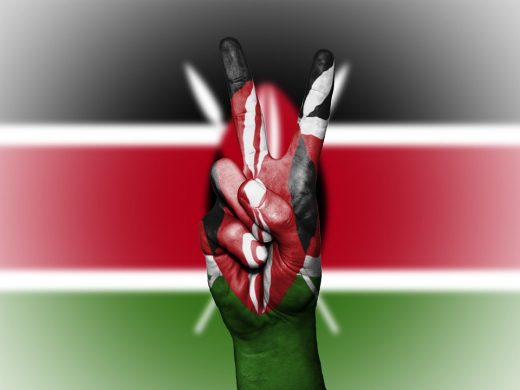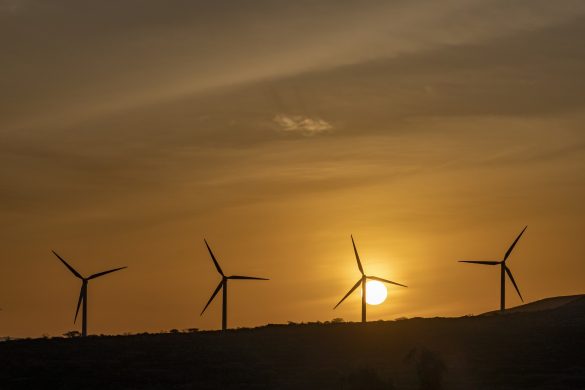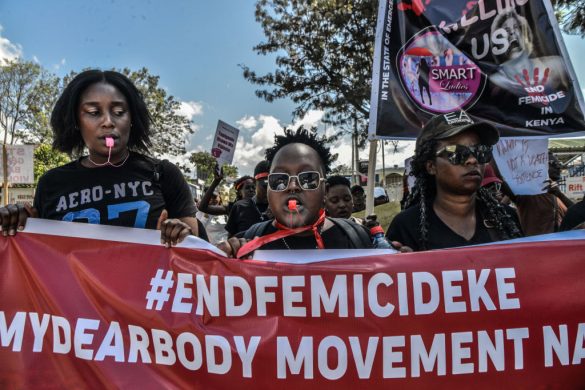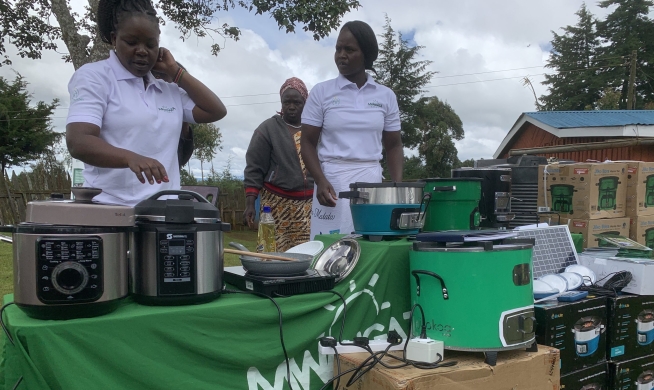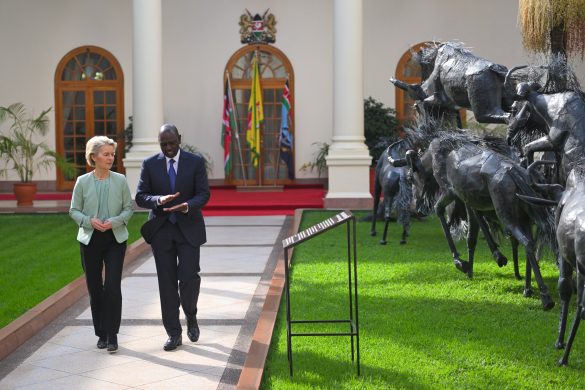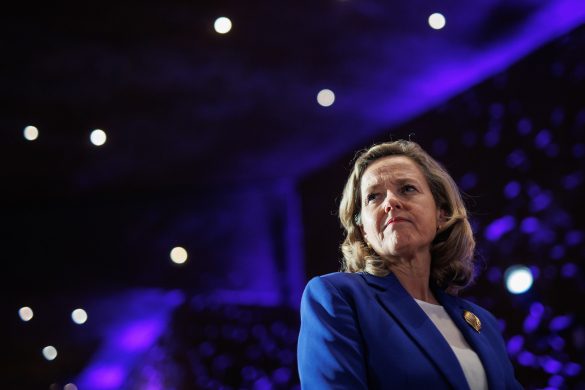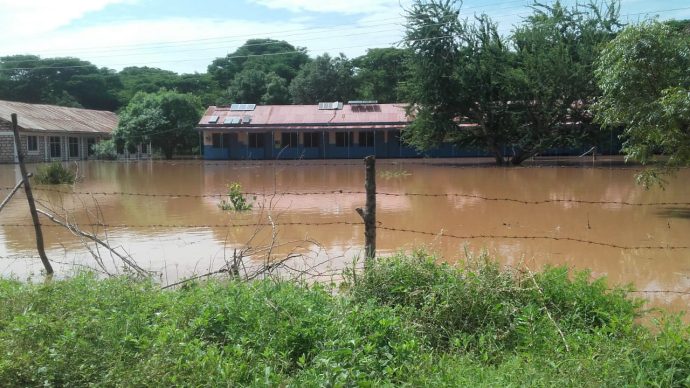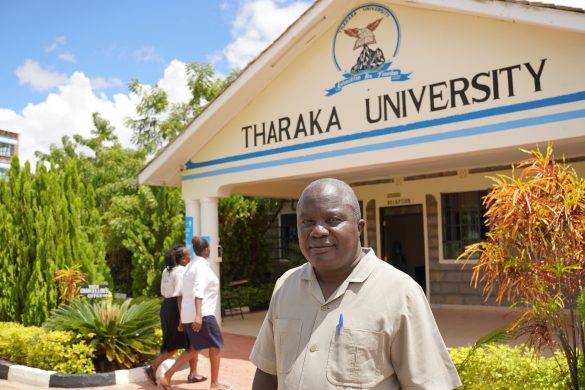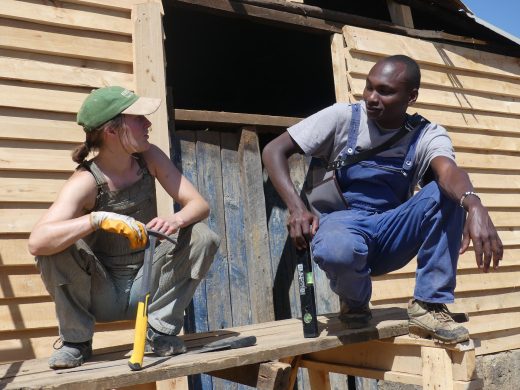Kenyans went to the polls on August 8 to vote for their next government, from county assembly to the country's president.
This year’s presidential election was termed as a “two-horse race” pitting incumbent President Uhuru Kenyatta, the son of Kenya’s first president Jomo Kenyatta, and his long-time opponent Raila Odinga, the son of Jaramogi Oginga Odinga, one of Kenya’s founding fathers.
As of writing, early results show Kenyatta leading Odinga 54.64% to 44.51%, according to data published on the website of the country's Independent Electoral and Boundaries Commission (IEBC). But Odinga's party is disputing the results.
Throughout the election, social media has come to play an important role in the vote, in both negative and positive ways.
The Kenyan Internet regulator, Communications Authority of Kenya (CA), has on numerous occasions assured Kenyans that it will not follow the lead of other African countries and shut down the internet despite issuing warnings on misuse and threats to WhatsApp administrators in a bid to curb the spread of hate speech.
So with a healthy dose of skepticism, Kenyans are using platforms to discuss and joke, as well as make serious observations about the process.
Læs hele artiklen i Global Voices

